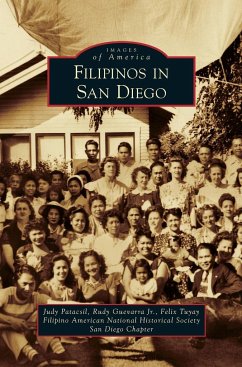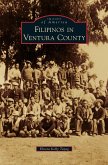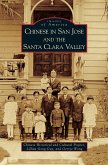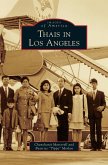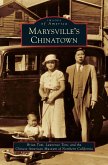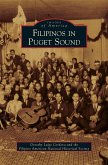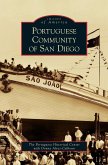Filipinos have been a part of the history of the United States and San Diego for over 400 years. The Manila-Acapulco galleon trade ships included Filipinos on sailing expeditions to California, including the port of San Diego. After the Philippines became a territory of the United States in 1898, many Filipinos began immigrating to San Diego. The community grew rapidly, particularly in the 1920s and 1930s. After World War II, Filipino veterans returned with their war brides and the community began to build further. The Immigration Act of 1965 increased Filipino immigration into San Diego to include military personnel, especially those enlisted in the U.S. Navy, as well as professionals. Today Filipino Americans are the largest Asian American ethnic group in San Diego.
Hinweis: Dieser Artikel kann nur an eine deutsche Lieferadresse ausgeliefert werden.
Hinweis: Dieser Artikel kann nur an eine deutsche Lieferadresse ausgeliefert werden.

